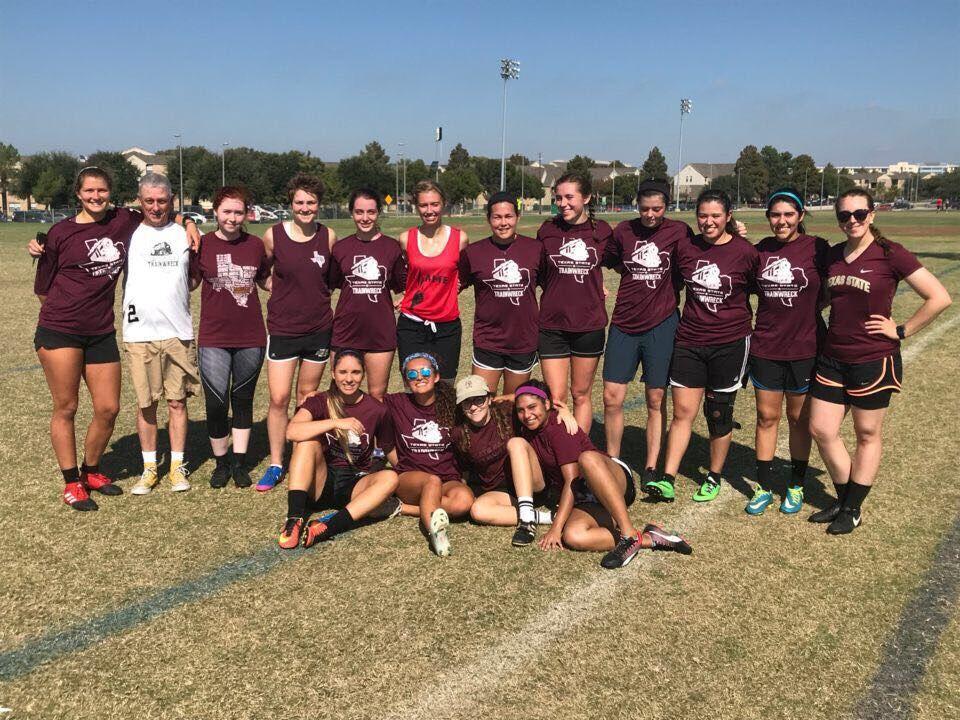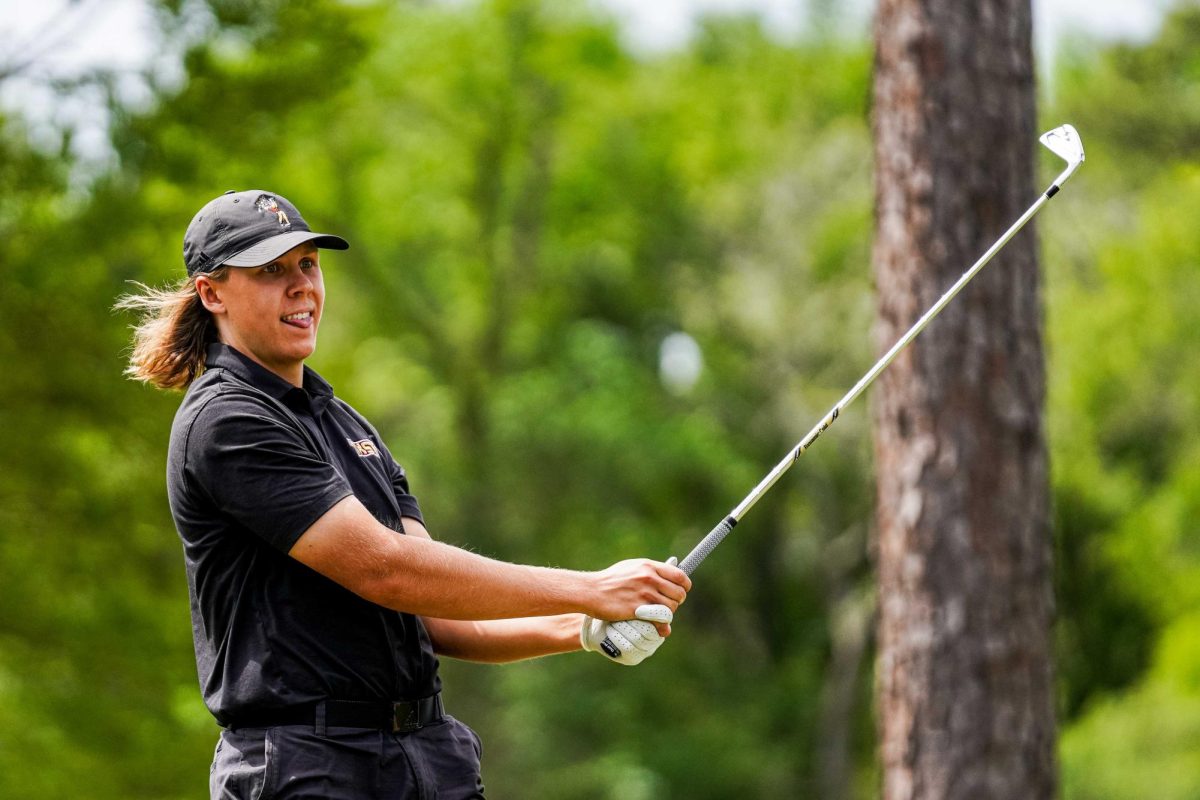The argument over what constitutes a legitimate sport has been a heated topic of conversation for as long as most sports fans can remember: one that seems to be getting hotter as various alternative sports arise.
Sport is defined as “an activity involving physical exertion and skill in which an individual or team competes against another or others for entertainment.” By that definition, ultimate, or ultimate frisbee, falls well within the parameters of being a true sport.
Established in 1968, the sport was the brainchild of a group of students from Columbia High School in Maplewood, NJ. From there the sport gained popularity amongst many college campuses across America, becoming a signature of late ’60s American counterculture.
In its almost 50 years of existence, ultimate has grown exponentially, spreading across the globe to over 40 countries. In recent years the game has been recognized as an official Olympic and World Games sport.
The sport, largely popular amongst college males, has seen a growth in popularity in the female college demographic. Texas State has its own women’s ultimate club, and while compared to the men’s team it is smaller, less experienced and still finding its way, it’s a team made up of players with a strong passion for the sport.
“It’s still kind of picking up, I think we’ve been here for like five years, so it’s a relatively new team, new sport,” Keely Freund, team president, said. “We’re still learning about new tournaments to go to, but it’s just really fun, so it’s not a surprise how quickly it picks up.”
Recruiting new members and focusing on the growth of the team is a key priority for the young team. Focusing on incoming freshmen and using the Quad to spread the word of the team are some of the strategies the team utilizes. Despite the difficulty in recruiting women to the sport, the team remains optimistic.
“It’s tough for sure but definitely doable, just trying to get Quad days,” Hannah Starkel, team co-captain, said.. “It’s hard. Getting girls to play Frisbee is super difficult. The guys have like 80 people come out to practice and we’re lucky if we get eight.”
Part of the team’s pitch to potential club members revolves around the basic idea that the sport can be played by and is meant for anyone, regardless of experience playing.
“You don’t need experience to sign up,” Freund said. “We’ll show you everything. I think that’s a cool thing, ’cause you can start right from the bottom and be on a sports team. I was in band in high school so I was like ‘Woah I can be on a sports team.’”
The team begins to play in the fall, which mostly consists of more casual scrimmage games, while the spring season pits schools against each other in competitive play.
“Fall season tournaments are sanctioned, which means they’re not super official, just a bunch of scrimmages more so and practices,” Starkel said. “In spring we’ll play other schools around Texas and it gets a little bit more competitive.”
Playing ultimate can be physically challenging, and good cardio is a must with the amount of running involved during play.
“It’s a lot of running,” Starkel said. “Your feet definitely hurt after you get done.”
One of the more challenging and nontraditional parts of the game is the self-officiating, which can be difficult for some players to adjust to.
“For new players for sure, the hardest part would probably be getting used to playing,” Starkel said. “It’s self-officiated; you have to know the rules.”
The co-captain enjoys the welcoming, all-encompassing nature found in the ultimate community.
“I just love the sport; I love the ultimate community, even outside of Texas State,” Starkel said. “It’s awesome just how close everyone is. (Everyone is open) to letting new people into the sport; it’s just growing and growing.”
Women’s ultimate frisbee team hopes to grow team as sport gains popularity
October 27, 2017
0
Donate to The University Star
Your donation will support the student journalists of Texas State University. Your contribution will allow us to purchase equipment and cover our annual website hosting costs.
More to Discover









